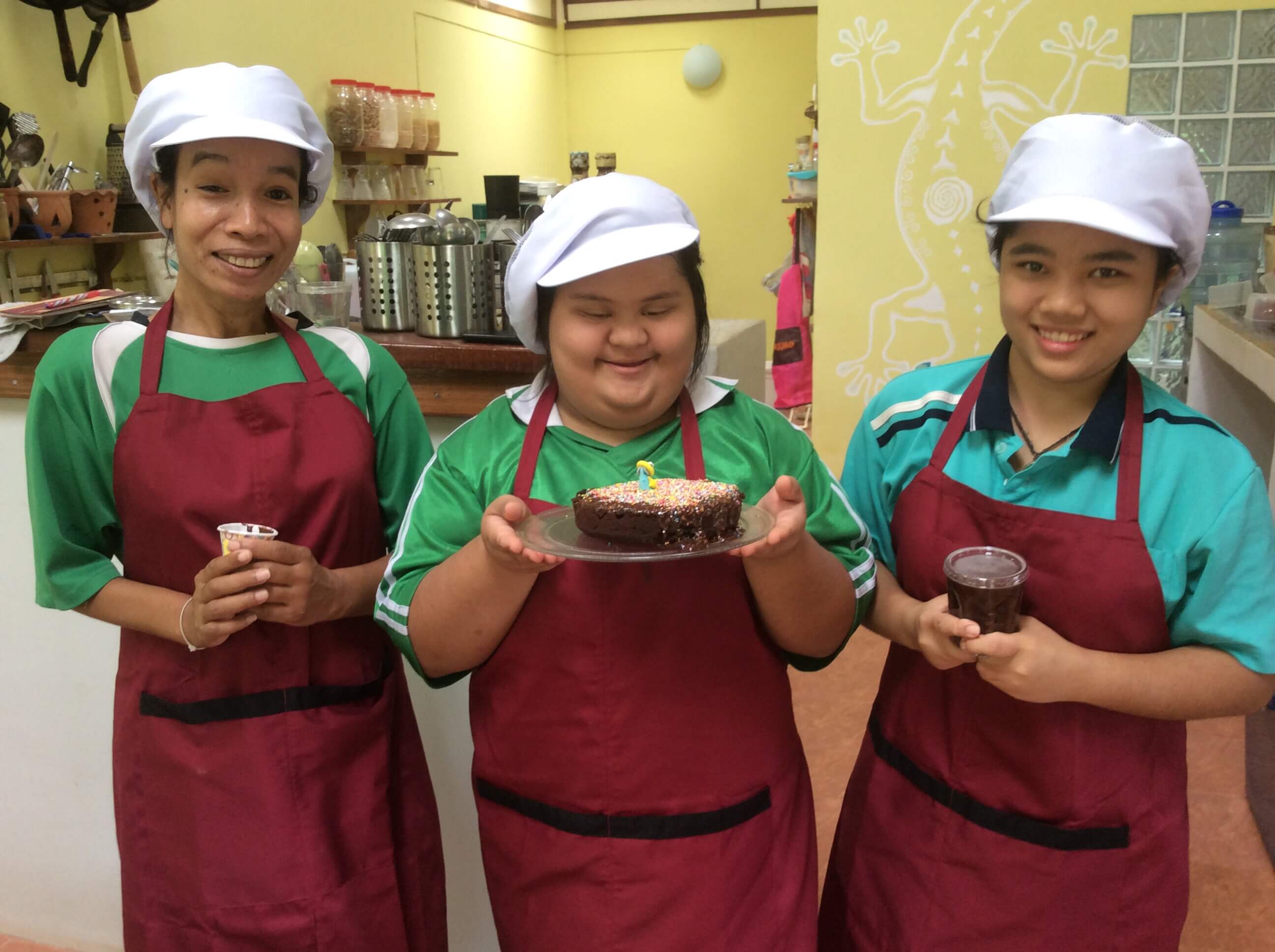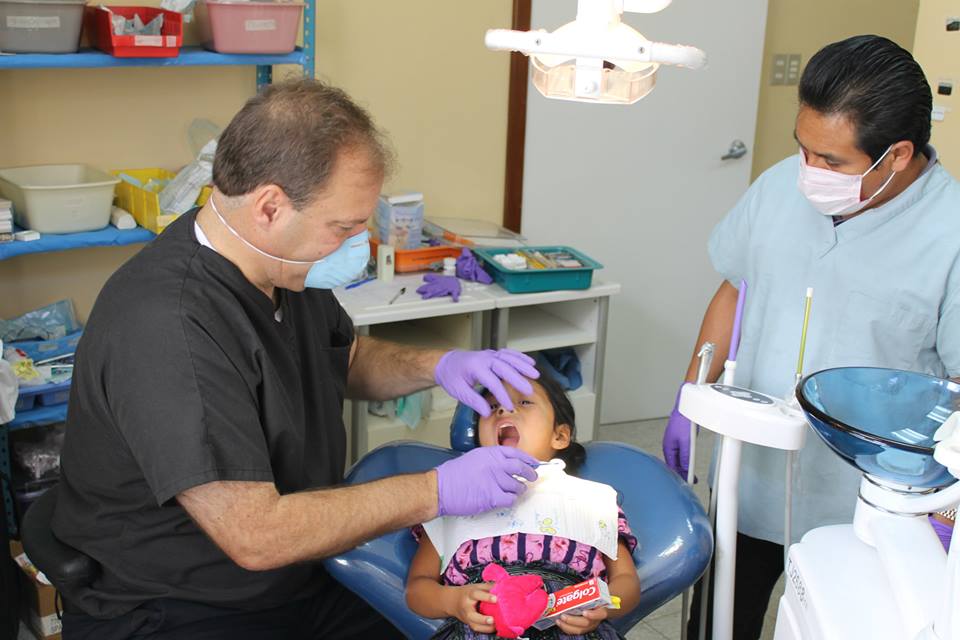(by: Ingrid Lommers)
After deciding I had to be a business person, make money, buy and do everything I desired, I subsequently finished business school and took a job. I was only 20 years old and one day I looked out of the windows of the fancy office of the importer/exporter company of sports shoes where I was working at the time. I stared at a pond with ducks floating and playing around and I was actually a bit of jealous of them. I thought “is this all, is this where I am going to be the rest of my life between 8 and 5 from Monday till Friday?”. So I decided to continue studying to prepare to do something other than selling shoes. I enrolled at the University of Amsterdam to study economical development with a specialization on Latin America. As a part of writing my thesis, I went for 10 months to Surinam and learned about development issues in third world countries. Looking back, I think, that is when I developed my “fever for the tropics“.
In 1993, I got the opportunity to go to Costa Rica, to work on a project in development aid at the National University of Costa Rica. While my work gave me good experience in development, I lost my motivation to stay in that field. I found that I would be more satisfied to work on my own projects and be able to do something to create sustainable progress. As a result, I began to invest my time in various jobs in tourism, including becoming a raft and tour guide. The culture, language, nature and people of Costa Rica touched me deeply and I decided to stay longer.
While I worked as a raft and tour guide I met Fernando, native of Turrialba, Costa Rica and we started to work and live together. When our first daughter was born in 1997, I began to study Spanish and work at different language schools in Costa Rica. In 1998 I had the opportunity to go to Bocas del Toro – Panama to set up a school for a company established in Costa Rica. In the beginning Bocas was not known by international tourists, but little by little, the school began to grow.
I had learned some limited Spanish while being a student in Salamanca in Spain, where I developed a love for the language. Several years later I enrolled in a Spanish school in San Jose but at that time could not afford to continue my studies. As a result, I learned Spanish the hard way, while working at my various jobs. This experience is what gave birth to the dream of Spanish at Locations, making learning Spanish affordable.
Four years later, the birth of a school in Turrialba in Costa Rica fulfilled our dream to combine Spanish classes with river adventures on the Pacuare River. Fernando had been operating a river camp there for many years. His hobby, breeding horses, turned out to be useful when we started to organize our own horse ride trips in the surroundings of Turrialba. Three years later, we opened a third branch, this time in the highland town of Boquete, Panama. This school is also called “Spanish by the River” as the town of Boquete is located near Panama´s best white water. Six years later we started two additional schools, one in Panama City and the other in Puerto Viejo – Costa Rica. The creative skills and abilities of Fernando are on display at our campuses. Coincidentally, the ages of our three daughters match the ages of our first three schools. Our three daughters and our son have been our motivation to continually work hard, improve and enjoy the schools!
Although in recent years the relationship between Fernando and me has changed, we continue to be business partners and to share a common vision regarding Spanish at Locations. New people have joined us that don’t share our history but they are realizing their own dreams within this company. Without them it would definitely not be the same! Because of them, I was able to not only finish my Master Degree in Spanish as a foreign Language, but also to enjoy what I really like to do, teach Spanish. I am fortunate to be active in the beautiful surroundings of our schools and dedicate time to other important things in my life.



















Add new contribution